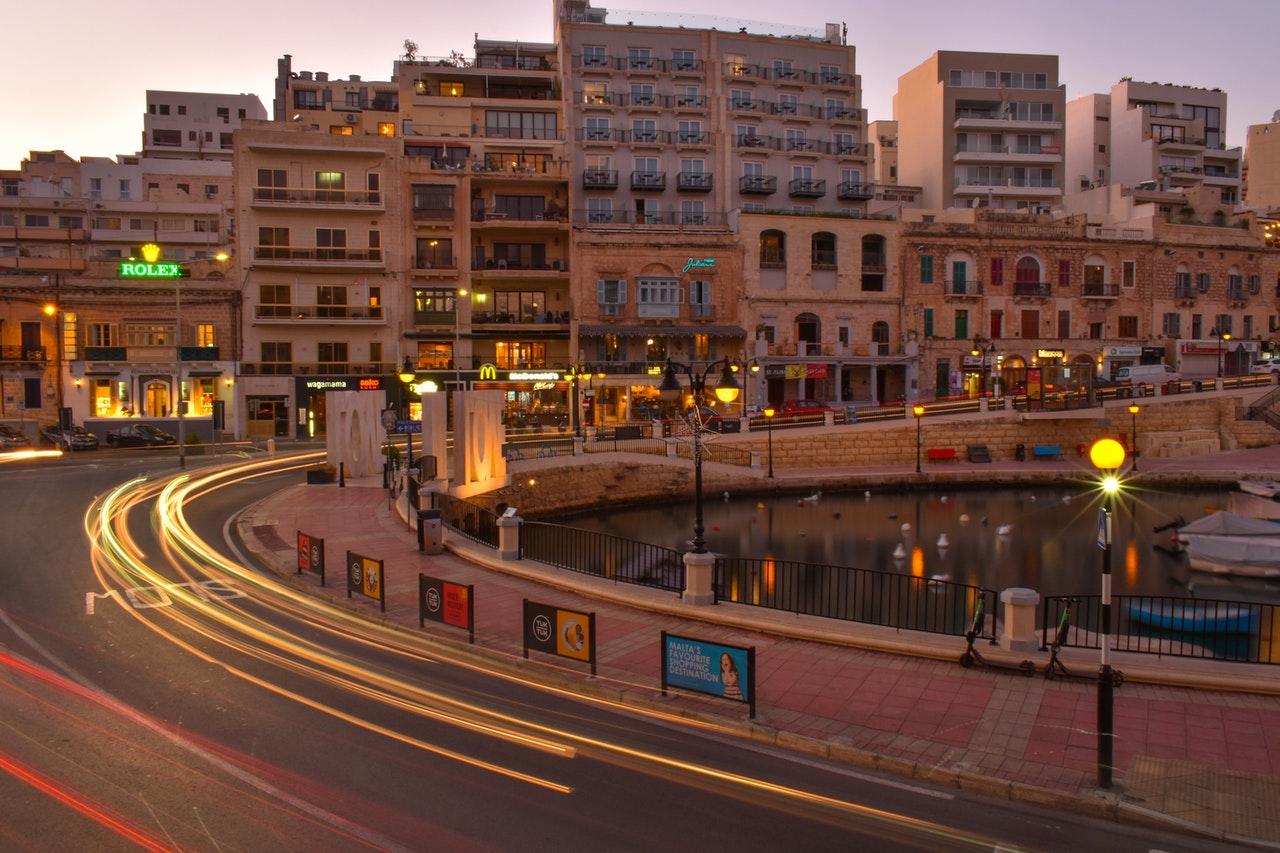By the end of 2022, Malta’s tourism sector – contributing a staggering 27.1 per cent of Malta’s Gross Domestic Product (GDP) in 2018, according to the World Travel and Tourism Council – is expected to recover close to pre-pandemic levels in 2022, according to a winter forecast by the European Commission (EC).
The EC is also predicting that Malta’s economy will grow by 4.5 per cent in 2021, the fourth highest in the EU.
The forecast, released on Thursday (today), noted that this year’s growth comes after Malta’s economy contracted “severe[ly]” in 2020, by nine per cent.
“Limitations on air traffic, tourism and social activities were mainly to blame for an expected fall in real GDP of around nine per cent, which came after robust growth of 5.3 per cent in 2019.”
Investment fell, mainly due to a surprise drop in construction, while private consumption was dampened by contractions in sectors such as retail and hospitality, the EC noted.
Malta’s 2020 economic contraction was the third largest in the EU, but the damage, the EC noted, has been partially mitigated by Government stimulus measures.
Turning to 2021, it was found that the second wave of restrictions globally placed additional strain on Malta’s highly open economy in the last quarter of 2020 and continues to weigh in the first quarter of 2021.
“The expected rollout of vaccinations in 2021 and a gradual easing of restrictions in the EU should set the tourism sector back on the path to recovery and re-invigorate domestic demand.”
The 4.5 per cent growth rate forecast for 2021, the EC noted, is set to be mainly driven by net exports and domestic consumption, as inbound tourism and global trade recover gradually.
It partly removed the expected negative impact from Brexit included in its previous economic forecasts on Malta following the negotiation of a an EU-UK Free Trade Agreement.
Onto 2022, Malta’s economy is forecast to expand by 5.4 per cent as net exports return as the main contributor to GDP growth while domestic demand makes a slower but steady contribution.
The 2022 prediction for economic growth is the largest among all EU member states, with tourism expected to recover close to pre-pandemic levels by the end of 2022.
Inflation averaged 0.8 per cent in 2020, lower than the 1.5 per cent in 2019, driven mainly by subdued energy prices and lower inflation in services, against the background of the contraction in demand.
In 2021, inflation is expected to rise to 1.3 per cent on the back of recovering domestic demand and a higher demand for tourism services. In line with a stronger economic recovery in 2022, inflation should pick up further to around 1.6 per cent.
EU-wide forecast
Overall, GDP is now forecast to grow by 3.7 per cent in 2021 and 3.9 per cent in 2022 in the EU, and by 3.8 per cent in both years in the euro area.
The EU economy would reach the pre-crisis level of output earlier than anticipated back in the Autumn Forecast, largely because of the stronger momentum in the second half of 2021 and in 2022.
“The speed of the recovery will, however, vary significantly across the EU. Some countries have suffered more during the pandemic than others, whereas some are more dependent on sectors such as tourism, which are likely to remain weak for some time.”
As a result, while some Member States are expected to see economic output return to their pre-pandemic levels by the end of 2021 or early 2022, others are forecast to take longer.
Housing Authority doubles vacant dwelling restoration grant to €50,000
Eligibility criteria also widened to include properties built 20 years ago
Workplace accidents remain high in Malta despite slight decline – construction still tops risk list
High-risk sectors continue to dominate injury statistics
Five and four star hotel occupancy edges up in 2025, MHRA survey finds
Five-star occupancy levels stood at 71 per cent in 2025, up slightly from 2024 levels






